Culture, Corporate and Otherwise
 It’s been a while since I posted anything here at Black Gate. There’s no one reason; a number of things have kept me busy or occupied, most recently a persistent head cold and ear infection. I mention this because being under the weather has indirectly to do with the following post. Firstly, being sick led me to watch some TV shows which I now want to write a bit about. Secondly, my mental state shaped the way I thought about what I experienced; I can only hope now to capture the sense of coherence I had then. This essay will be more shapeless than usual, I’m afraid, an attempt to explain the connections that drifted through my mind between Alan Moore, Doc Savage, and Scooby Doo, among others.
It’s been a while since I posted anything here at Black Gate. There’s no one reason; a number of things have kept me busy or occupied, most recently a persistent head cold and ear infection. I mention this because being under the weather has indirectly to do with the following post. Firstly, being sick led me to watch some TV shows which I now want to write a bit about. Secondly, my mental state shaped the way I thought about what I experienced; I can only hope now to capture the sense of coherence I had then. This essay will be more shapeless than usual, I’m afraid, an attempt to explain the connections that drifted through my mind between Alan Moore, Doc Savage, and Scooby Doo, among others.
When you’re feeling sick — or at least when I’m feeling sick — it’s sometimes restful to read or watch something familiar. As it was coming up to Halloween when I caught a bad cold, I decided to watch something spooky but unchallenging. And it turned out that Canadian Netflix had both the very first Scooby-Doo TV series, 1969’s Scooby-Doo, Where Are You! (created by Joe Ruby and Ken Spears), and the most recent, 2010’s Scooby-Doo: Mystery Incorporated (created and produced by Spike Brandt, Tony Cervone, and Mitch Watson).
I’d read some very good things about the latter show, some here on this blog from Nick Ozment, so I decided I’d rewatch the series I knew from my youth and then see the modern reboot. Because curiosity takes many odd forms, I also ended up drifting around Wikipedia and the Internet Movie Database, reading up on the creation of both shows. Which touched off a few reflections on the shape of stories, generational differences, and popular culture.
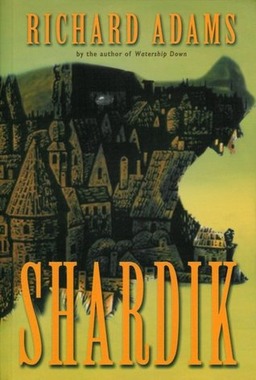

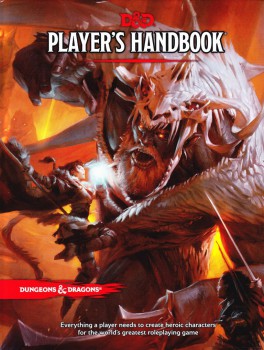
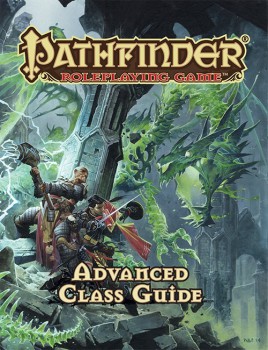
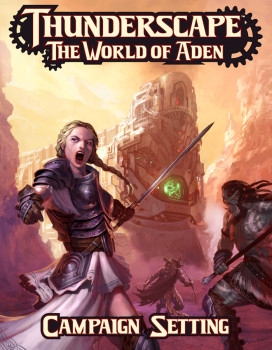

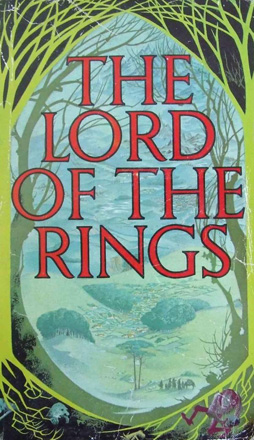 Browsing about the Internet recently, I stumbled on something that interested me. Several things, actually. Specifically, the results at the
Browsing about the Internet recently, I stumbled on something that interested me. Several things, actually. Specifically, the results at the 
